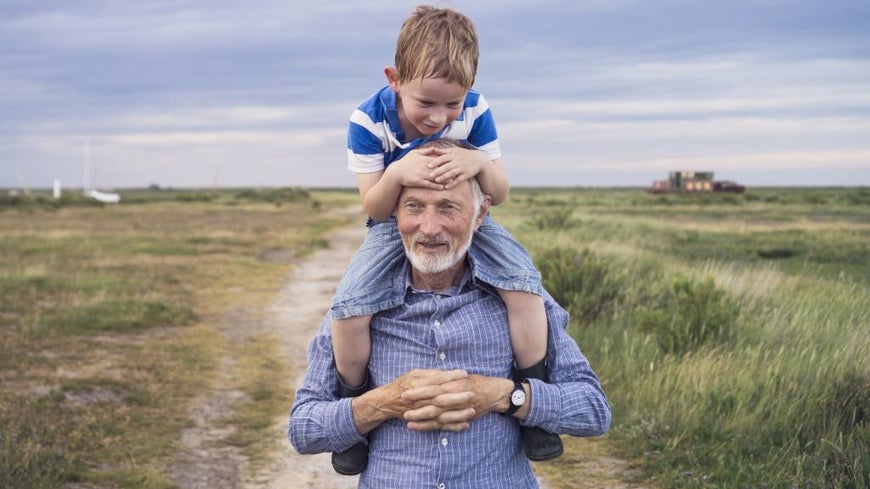A guide to ‘grandsharenting’

Written by Eileen Ormsby for Australian Seniors.
Apps like Facebook and Instagram are a wonderful way of keeping in touch, and many proud grandparents fill their feed with updates of their grandkids. But is that cute bath time photo going to your close circle, or to the whole world? And are you guilty of ‘grandsharenting’ – putting every detail online, whether your grandchildren want you to or not?
Confusing privacy settings mean many people share more than they intend, inadvertently making photos public. Oversharing can provide a bonanza of information to predators or identity thieves. A photo of a child in uniform in the driveway could provide their house number, car model and where they go to school. A picture blowing out candles might give away a date of birth. Metadata in the photos may contain the date and location they were taken.
Know your social audience
“There are a variety of social media apps available and it’s important to know your audience,” says Associate Professor Rachel Buchanan from the University of Newcastle, who researches technology. “Check your privacy settings or have someone tech savvy check them with you.” She recommends free sessions tailored for seniors at local libraries, or the online resources from the eSafety Commissioner.
Grandsharenters also need to be aware that many kids don’t want strangers knowing every aspect of their lives. Photos you think are cute might be the same ones your grandchild gets bullied about at school. An embarrassing video could resurface when they are looking for a job. “I do feel for the children of today,” says digital strategist Meg Coffey. “Their lives are documented practically from the moment of conception, so they have these digital footprints that are going to be hard to escape.”
Chronic oversharing could even cause a family rift, especially if you ignore requests to stop. Rather than posting to social media, she suggests creating Messenger or WhatsApp groups with hand-selected members of your friends and family.
And remember, once posted, always posted. “Even the most trivial content is hard to remove from the internet,” warns Professor Buchanan. “You are potentially building not just your digital footprint, but theirs as well."
Social media dos and don’ts
DO learn how to use privacy settings for the different social media apps.
DO share photos in a private family chat rather than on social media and ask your grandchild or their parents before you post anything.
DON’T include any identifying information that could be used by predators or scammers.
DON’T share photos or information that could embarrass your grandchild or make them feel uncomfortable.
Get the latest take on trending issues, smart tips to boost your financial goals, or a fresh way to indulge in everyday joys, all from the comfort of your favourite reading spot with DARE magazine from Australian Seniors.
DARE also features exclusive stories from some of Australia’s favourite personalities.
19 Dec 2022